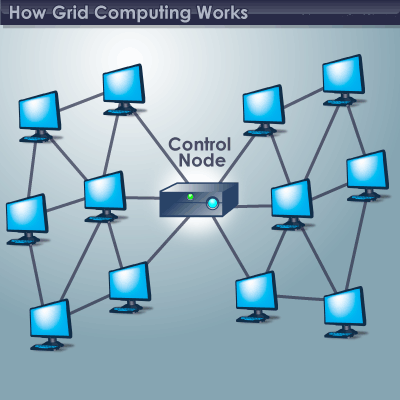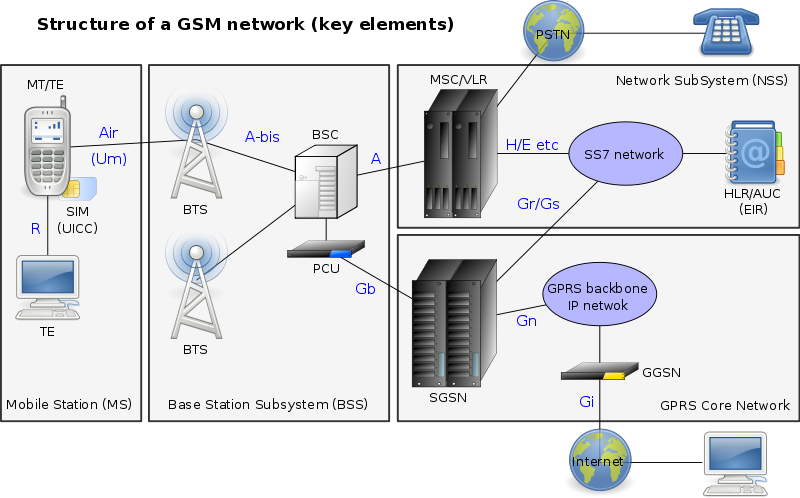Game Theory: Game Theory refers to a mathematical model of devising an optimum strategy in various fields like economics and biology to a given situation where players have choice of limited and fixed options.
Gigabit: A Gigabit (represented as Gb) of data is a unit of measurement for use in computers. One Gigabit equals one billion bits of data. A Gigabit of data defined as above should not be confused with a Gigabit of Internet bandwidth.
Gene: A Gene refers to the basic unit of heredity found in living organisms. Genes contain a long strand of DNA storing the data to build and maintain cells and then pass the genetic information to the offspring.
Genotype: In the broadest sense Genotype refers to the genetic makeup of an organism or a virus.
Grid Computing: Grid Computing facilitates sharing of tasks over multiple computers. With Grid computing techniques resources of multiple machines can be used for performing data storage and complex calculations spread across geographical distances.
GNU Compiler Collection: The GNU Compiler Collection (GCC), is counted amongst the most popular compilers used now. GCC is a complete set of tools for compiling programs in C, C++, Objective C, JAVA et al. The features of GCC which make them much sought after includes multilevel source code error checking, debugging information, different levels of optimizations and generating code for more than 30 different computer architectures.
GSM: Global System for Mobile Communications (GSM) is a globally accepted standard for digital cellular communication. It is one of the most advanced digital technologies available in the cellular marketplace. GSM wireless technology has spread its wings to more than 214 countries worldwide. In GSM wireless telephony Voice data is digitized and compressed. Subsequently it is send across a channel along with two other streams of user data each according to its own time slot. GSM can operate at 900, 1800 or 1,900MHz frequency.  Generic Top Level Domains (gTLDs): "generic" TLDs, or just "gTLDs" are TLDs with three or more characters. gTLDs can be further subdivided into two types, namely "sponsored" TLDs (sTLDs) and "unsponsored" TLDs (uTLDs). These are essentially International, private and commercial domain names which can be registered from anywhere in the world and are governed by the processes directly by ICANN (Internet Corporation for Assigned Names and Numbers), USA.
Generic Top Level Domains (gTLDs): "generic" TLDs, or just "gTLDs" are TLDs with three or more characters. gTLDs can be further subdivided into two types, namely "sponsored" TLDs (sTLDs) and "unsponsored" TLDs (uTLDs). These are essentially International, private and commercial domain names which can be registered from anywhere in the world and are governed by the processes directly by ICANN (Internet Corporation for Assigned Names and Numbers), USA.




